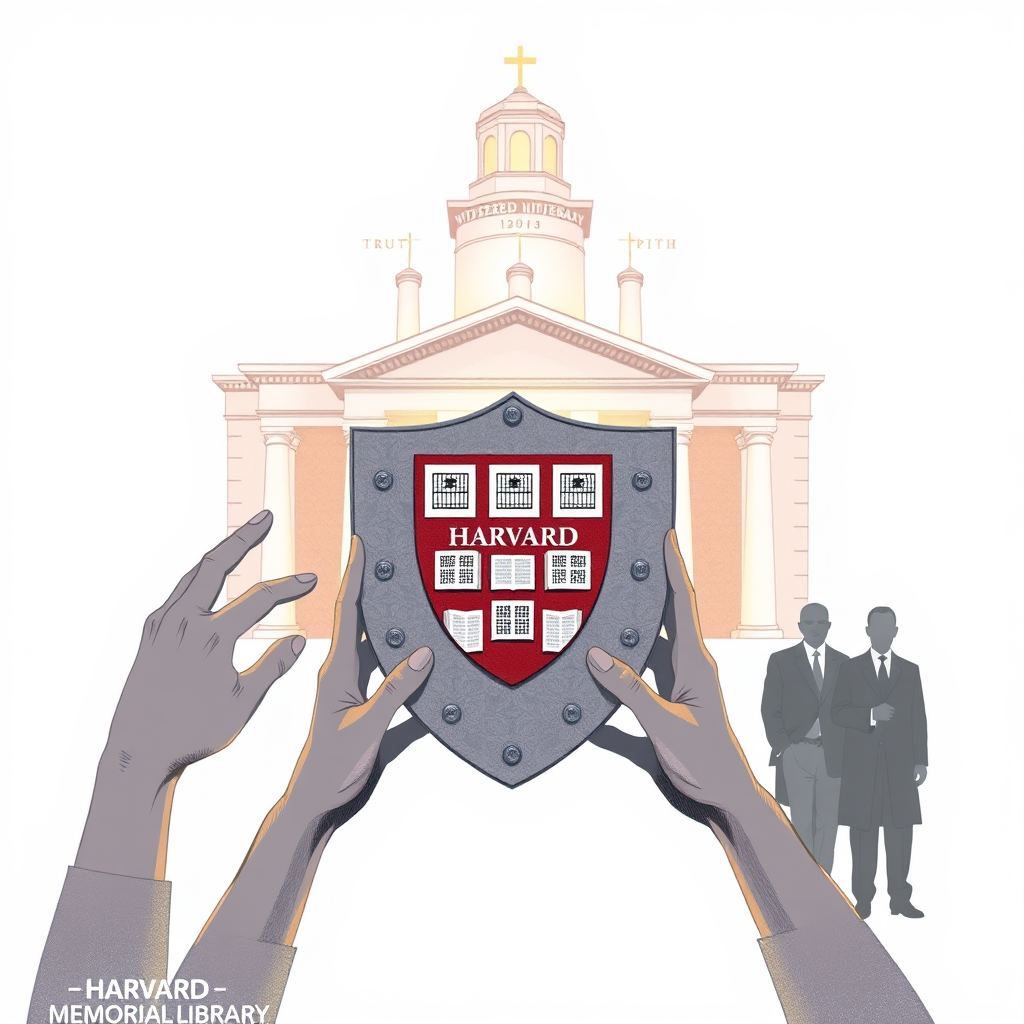Harvard Defies Trump, Alumni Celebrate Bold Stand

Harvard University is receiving widespread praise, particularly from its alumni, after publicly refusing to comply with demands from the Trump administration regarding its diversity, equity, and inclusion (DEI) programs and student protest policies. The administration threatened to withhold approximately $9 billion in federal funding should Harvard not alter its approach to these areas.
The university issued a firm statement asserting its commitment to institutional independence and constitutional rights, declaring it would not yield to federal overreach. This stance has resonated strongly with prominent Harvard graduates who have voiced their approval on social media.
Bill Kristol of The Washington Post expressed pride in being a Harvard alumnus, while Harvard President Emeritus Lawrence Summers commended current President Garber’s leadership in resisting what he termed “extralegal and unreasonable demands.” Attorney and conservative commentator George Conway specifically thanked President Garber, and legal scholar Lawrence Tribe, a 50-year veteran of Harvard Law School, urged donations to the university.
Support wasn’t limited to those with Harvard degrees. Quinta Jurecic of The Brookings Institution and The Atlantic reluctantly acknowledged Harvard’s commendable position, and technology reporter Kara Swisher noted the university finally living up to its motto, “Veritas” (truth). Even Jeffrey Sachs, a professor at Canada’s Acadia University, offered praise.
Senator Bernie Sanders (I-VT) lauded Harvard’s refusal to concede its constitutional rights, framing the administration’s actions as authoritarian and calling on other universities to follow suit. He also criticized law firms for potentially aiding the administration instead of defending the rule of law.
The university’s defiance stands in contrast to the recent actions of Columbia University, which faced criticism last month for accepting the administration’s terms to retain $400 million in federal funding.
Harvard’s decision highlights a growing tension between universities and the federal government over issues of academic freedom, institutional autonomy, and the implementation of DEI initiatives. The situation underscores the importance of universities safeguarding their independence, even in the face of significant financial pressure. It’s a necessary stand, and frankly, a relief to see an institution prioritize principles over funding, especially given the increasingly polarized climate surrounding higher education and social justice issues.